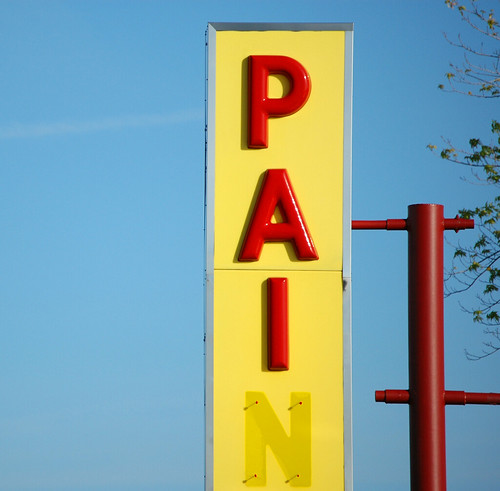In the Guardian, author Rick Gekoski argues that writing is “bad for you”:
When I am writing I wander in a fug all day, wake in the middle of the night – waking my wife Belinda as well – and stagger downstairs to record a thought or two. Leave the bed with my mind whirling with gorgeously formed sentences which are as evanescent as the smell of lily of the valley, and about as easy to recall. By the time I get to the keyboard their perfection (as it seems to me in my drowsy creative mode) has dissipated, and though I can catch something of what seemed a sensational formulation it is already, in that Platonic way, only an imitation of the ideal. I fiddle about, rewrite and reconsider, and go back to bed an hour later thoroughly stimulated, dissatisfied, and unable to sleep. I read for another hour. The next day I complain that I am tired, and show all the signs of it: irritability, abstraction, and a tendency to fall asleep on a sofa at any time, including when I am being spoken to.
But could writing have a negative effect on the world as a whole? NPR reports how Komunyakaa and a fellow poet, Mark Doty, got into an argument at the “Poetry and the Earth” conference:
“I can’t remember which of us spoke first,” recalled [Doty], in his new book, The Art of Description, “but here’s the substance of our positions: Yusef [Komunyakaa, a poet from Louisiana] said that language comes between us and things, and that as soon as we had NAMES for what we saw, we experienced a certain degree of removal from the world.”
When you give something a name, the argument went, you can stand back and address it, talk about it, so you detach … make it ‘other,’ not you. Then later, if you hurt that thing, poison it, or take away its habitat, what’s happening is no longer happening to you. It’s happening over there, to ‘it;’ so you have the illusion of distance, safety.
But poet Doty argues that words actually have the opposite effect:
“I said that the more we can name what we’re seeing, the more language we have for it, the less likely we are to destroy it. If you look at the field beside the road and you see merely the generic “meadow,” you’re less likely to care if it’s bulldozed for a strip mall than if you know that those tall, flat-leaved spires are milkweed, upon which the monarchs have flowed two thousand miles to feed …”
Visit NPR for the whole story (and a beautiful video on why words matter).
What do you think? Does writing have the same crankifying effect on you that it does on Gekoski? And where do you land in the Komunyakaa-Doty debate: do words give you a remove from reality, or connect you to reality?






